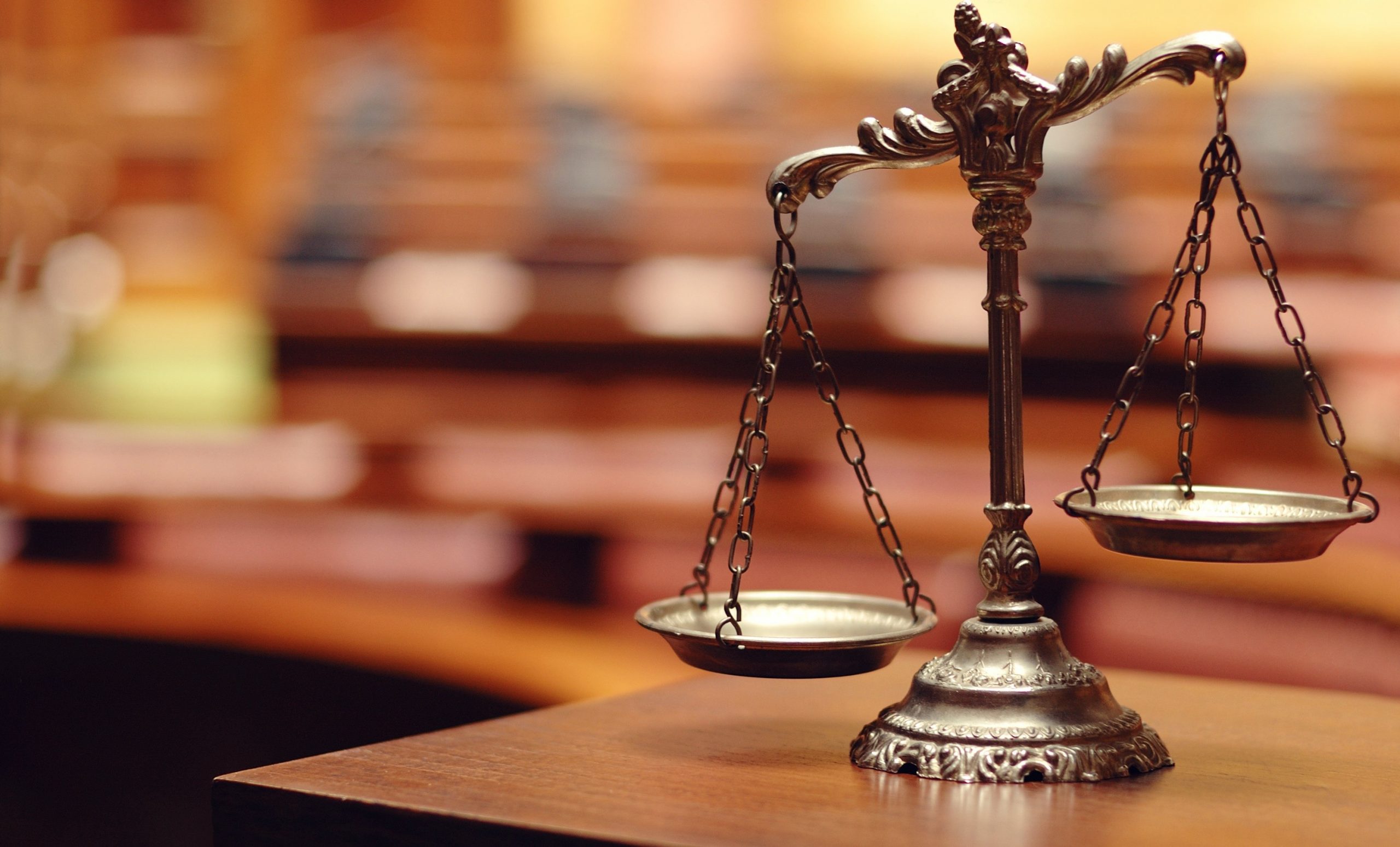
Justice is giving people what they deserve — no more, and no less.
Condemning yourself for “seeking revenge” is fostering unearned guilt. You’re not bad simply because you want justice. But justice has to be in accordance with the facts. If you let your emotions — and your emotions alone — tell you what a person deserves, you’ll make mistakes. You’ll condemn or cut people off before they deserve it, or you’ll foster relationships with people who are not good for you. You’ll reward vice and punish virtue. You’ll act against your own interests, in the long run.
Justice has to be grounded in reason and facts first. Emotions are important, but they follow; they don’t lead. Justice doesn’t just mean punishing the negative; it also means rewarding the positive. In fact, the latter is much more important.
Justice isn’t mainly for courts and societies. It’s mainly for individuals, in daily life. Just and fair people will foster just and fair societies.
When enough people turn rotten, their institutions turn rotten too, sadly. Sometimes the mainstream of people are better than their institutions, and that leads to civil strife or civil war.
In our present social crisis, either the people are far better than their institutions and “leaders” — or the people have turned bad too. I don’t know the answer — not yet. I suspect we’ll know soon enough. In the meantime, practicing justice in everyday life is the area that’s most important.
Follow Dr. Hurd on Facebook. Search under “Michael Hurd” (Rehoboth Beach DE). Get up-to-the-minute postings, recommended articles and links, and engage in back-and-forth discussion with Dr. Hurd on topics of interest. Also follow Dr. Hurd on Twitter at @MichaelJHurd1, Drhurd on Parler, and see drmichaelhurd on Instagram.
